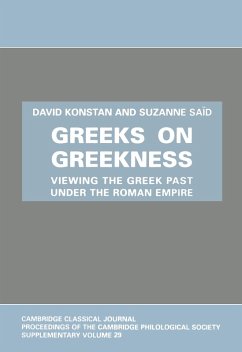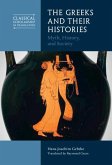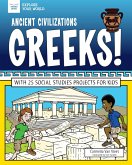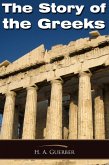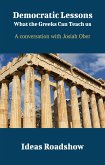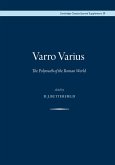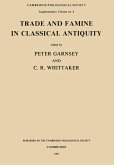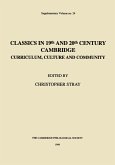Karl Marx observed that 'just when people seem engaged in revolutionizing themselves... they anxiously conjure up the spirits of the past to their service'. While the Greek east under Roman rule was not revolutionary, perhaps, in the sense that Marx had in mind, it was engaged in creating something that had not previously existed, in part just through the millennia-long involvement with its own tradition, which was continually being remodelled and readapted. It was an age that was intensely self-conscious about its relation to history, a consciousness that manifested itself not only in Attic purism and a reverence for antique literary models but also in ethnic identities, educational and religious institutions, and political interactions with - and even among - the Romans. In this volume, seven scholars explore some of the forms that this preoccupation with the Greek past assumed under Roman rule. Taken together, the chapters offer a kaleidoscopic view of how Greeks under the Roman Empire related to their past, indicating the multiple ways in which the classical tradition was problematised, adapted, transformed, and at times rejected. They thus provide a vivid image of a lived relation to tradition, one that was inventive rather than conservative and self-conscious rather than passive. The Greeks under Rome played with their heritage, as they played at being and not being the Greeks they continually studied and remembered.
Dieser Download kann aus rechtlichen Gründen nur mit Rechnungsadresse in A, B, BG, CY, CZ, D, DK, EW, E, FIN, F, GR, HR, H, IRL, I, LT, L, LR, M, NL, PL, P, R, S, SLO, SK ausgeliefert werden.

